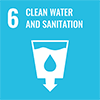We proactively identify mitigation measures through our established risk management processes.
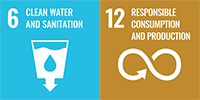
Identifying risks early in the project life cycle and planning for and addressing potential environmental impacts associated with our activities are central to our efforts to make as minimal of an environmental footprint as possible.
Waste management is a critical component of our operations. This includes:
2023 saw a 46% decrease in recycling in comparison to 2022. This was due to the elevated level of activities in 2022 which included the remodeling of the Dallas office and a major turnaround at the LNG plant in Peru.
Since 2021, our drilling and completions activities in North America have increased, resulting in a correlating increase of non-hazardous waste production.
Hunt Refining recycling volumes nearly doubled between 2017 and 2021 through the handling of hydrocarbon sludges and other organic byproducts. Reintroducing these waste streams into our refinery delayed coker and incorporating them into the solid coke has significantly reduced hazardous waste that is disposed of off site. This recycling practice continues in 2023.

We maintain a “keep it onsite” approach in regard to spill prevention and management. Through our spill prevention and management programs, we proactively plan for and address potential environmental impacts associated with our activities.
Partnering with Industry Experts
Hunt is not currently operating offshore but over the previous decade we have conducted exploration activities offshore in Australia and Benin. In both cases, we partnered with Oil Spill Response Limited (OSRL), an industry-funded cooperative that maintains global credibility for its proficiencies in oil spill preparedness and response service. By partnering with subject matter experts and complying with their standards of excellence, we ensure Hunt’s offshore activities are managed and prepared to the industry best practices for spill preparedness and response.
Spill Prevention
Comprehensive site selection considering
- Wildlife habitats
- Water bodies
- Protected areas
- Populated regions
Containment Integrity
- Robust facility design
- Regular maintenance
- Routine inspection
Spill Response
Secondary Containment
- Tank and vessel berm design
- Stormwater management
- Inspection and maintenance
Site-specific Plans
- Equipment
- Dedicated spill response teams
- Regular exercises
- Third-party support
We have decreased both the count and volume of spills due to lessons learned from spill investigations and proactive equipment maintenance programs. We always strive for 100% spill recovery. 2023 saw a continued reduction in the number of spills, however there was one spill of 200 barrels, this was within containment and cleaned up.
Access to clean water is a basic human right. We understand the critical importance of water as a resource and therefore handle it with care.
Water availability can vary drastically across our operations around the world. We conduct risk assessments at the development stage of every project to understand how to manage and mitigate any potential impacts on water.
Our operations in Peru are in areas of intense water scarcity along a coastal desert, so the decision was made in the early planning stages to employ reverse osmosis technology to desalinate ocean water for all water usage on site.
Similarly, areas along the pipeline route through the highlands have limited access to water. Our community needs assessments determined extremely high priority on water infrastructure and conservation.
In North America, water usage is primarily associated with drilling and completions activity. Through added technologies and refined completions techniques, Hunt has reduced the amount of water used to produce each barrel of oil, but water use is closely correlated to drilling and completions activities.
Spotlights

- Improves the workplace environment by reducing eyestrain for people working and normalizing brightness inside the building
- Increases energy efficiencies through automation and decreases electricity billing
Design elements of Hunts headquarters have received the following recognitions
- 2009 U.S. Green Building Council’s Leadership in Energy and Environmental Design (LEED), “Silver” certification, commercial interiors, Dallas Headquarters.
- 2013, 2014, 2015, 2016, 2017 ENERGY STAR certification, Hunt Headquarters

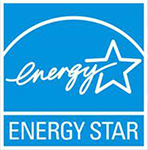
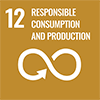
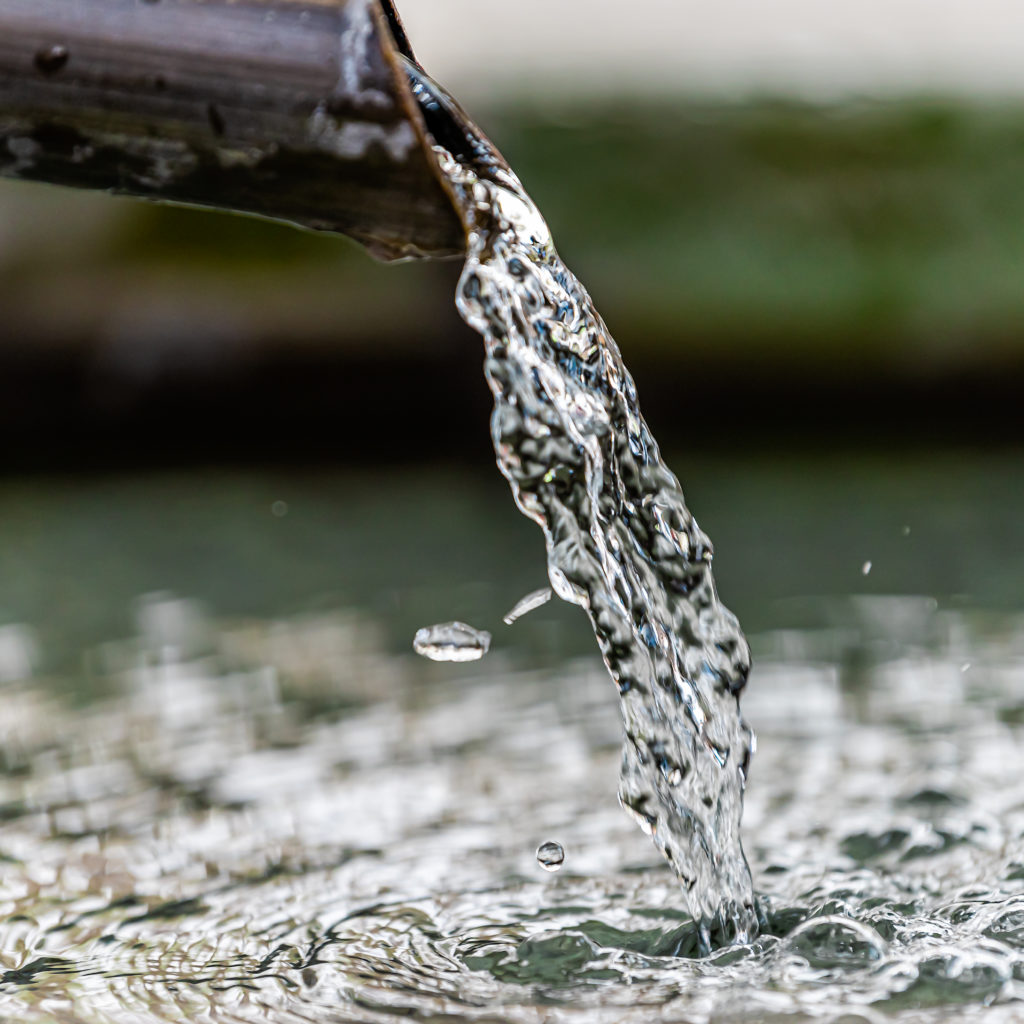
In 2023, approximately 326,300 barrels (51,872 m3) of wastewater generated at the plant were treated using an activated sludge system for use in irrigation of green areas and dust control on interior roads, eliminating any discharge to the environment. Monitoring is conducted to ensure compliance with environmental standards prior to utilization.
